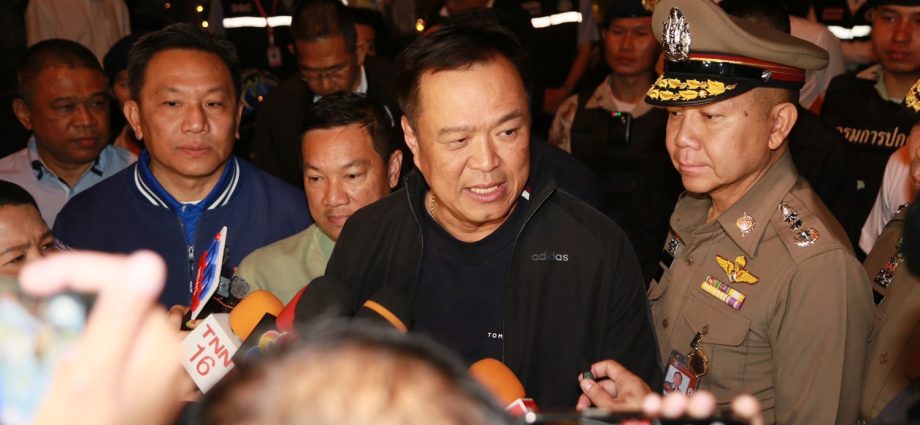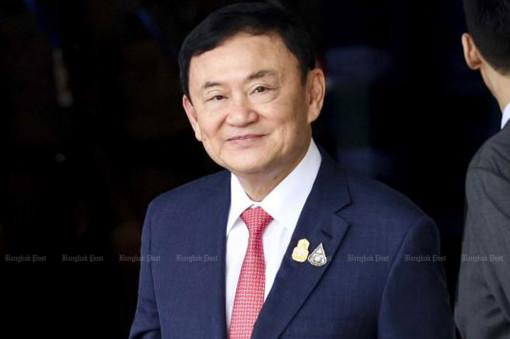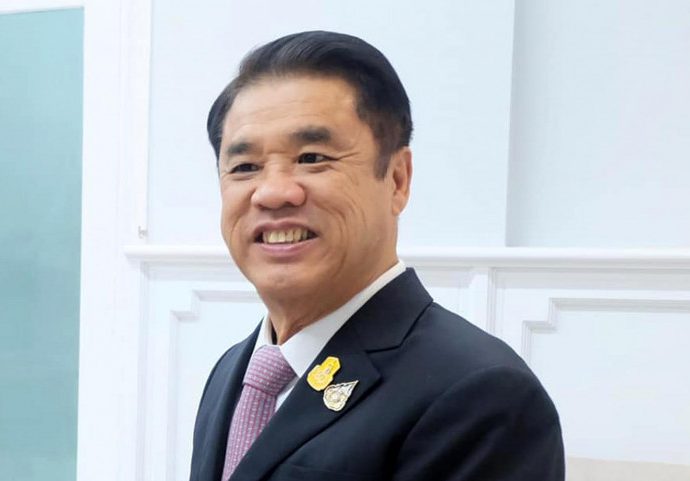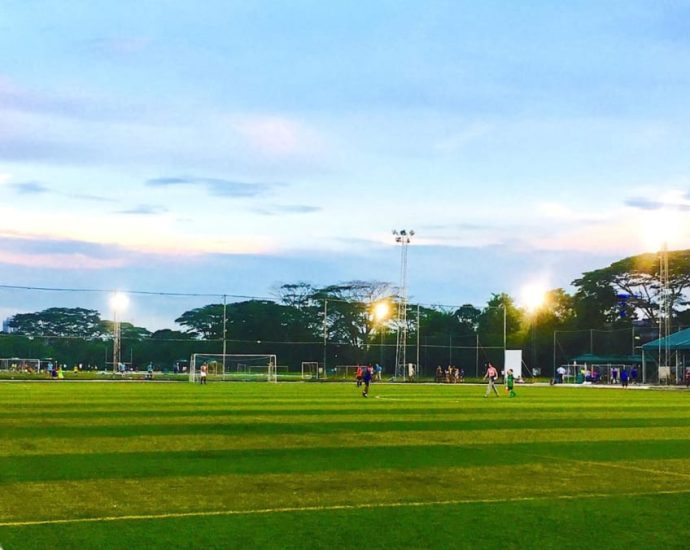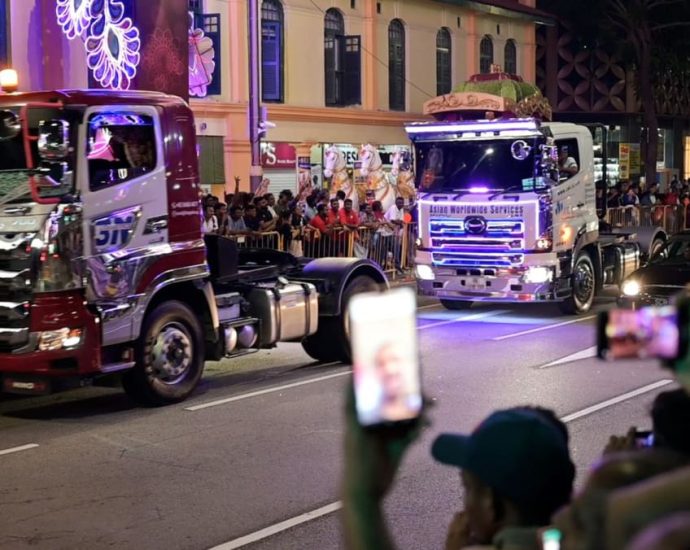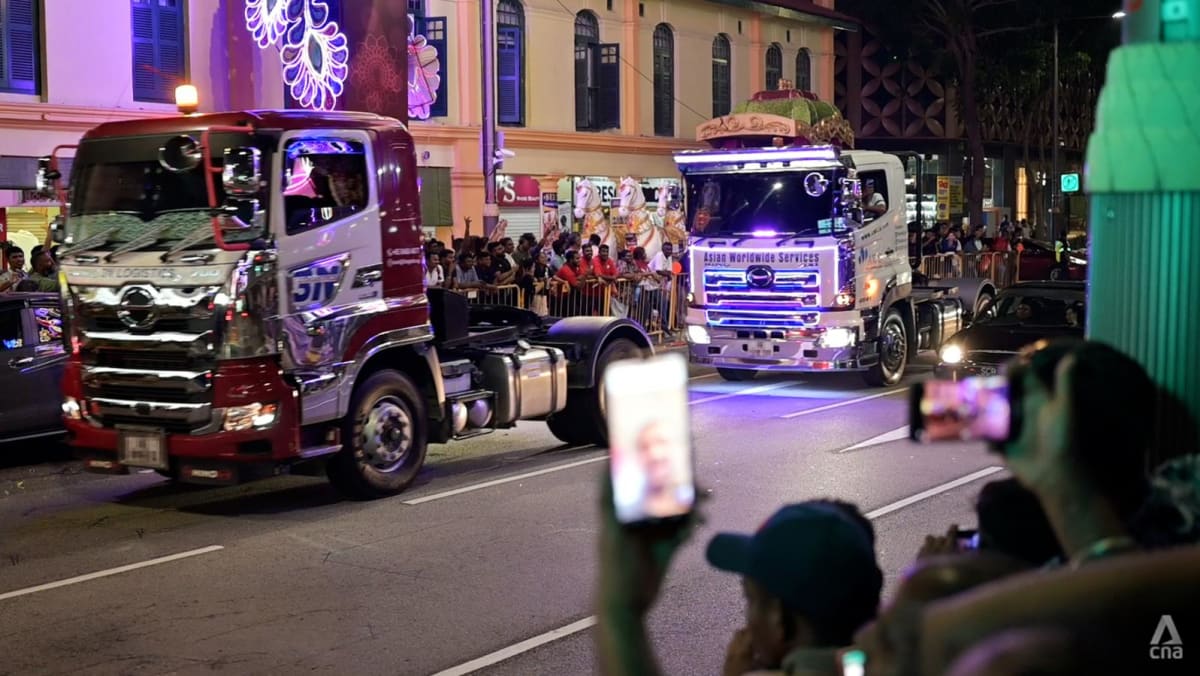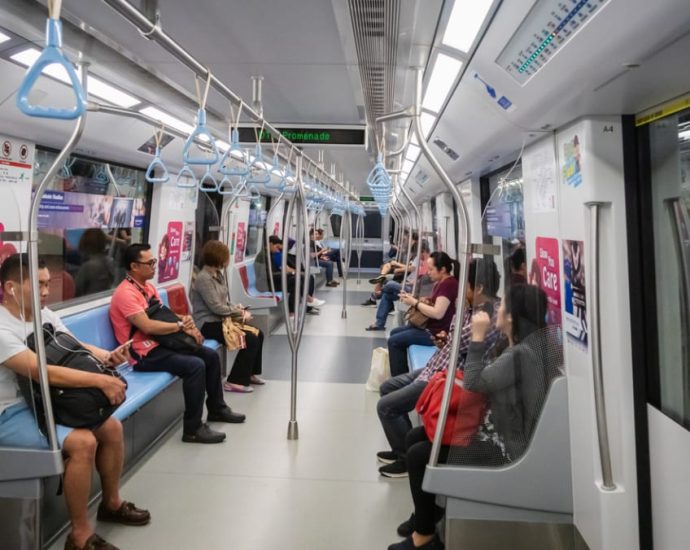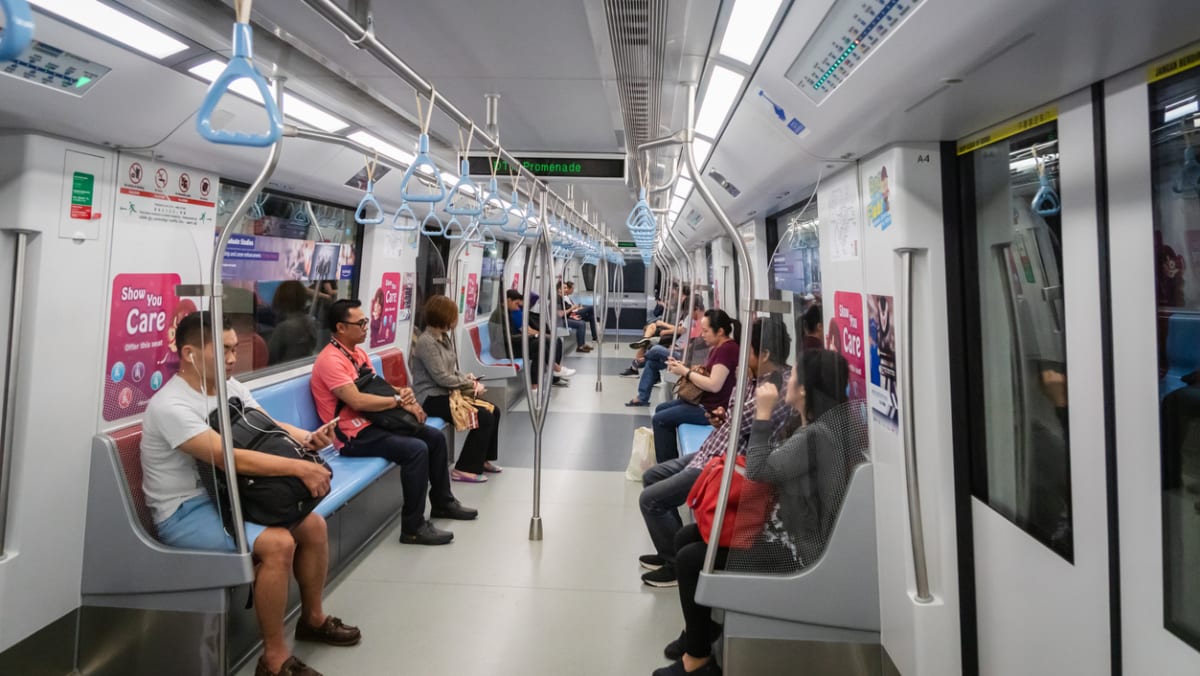Anutin mulls 4am closing elsewhere
PUBLISHED : 23 Dec 2023 at 07:22

Interior Minister Anutin Charnvirakul will soon ask the cabinet to approve extending the opening time for pubs and bars located outside designated zones to 4am if everyone complies with the rules.
The extension was first implemented from Dec 15 in Phuket, Chiang Mai, Chon Buri, Bangkok and Surat Thani (only on Koh Samui), as part of a government policy to spur the economy.
The policy change also applies to hotels nationwide.
However, there were also many requests submitted to the ministry, asking for opening extensions in bars in other areas.
Among them, Thanakorn Wangboonkongchana, a United Thai Nation (UTN) Party list-MP, also proposed the ministry extend the opening hours of nighttime entertainment venues to 4am in Hat Yai district of Songkhla in a bid to attract more Malaysian tourists.
In response, Mr Anutin on Friday said that the matter has a lot of procedures which must be adhered to, such as a proposal being submitted by provincial governors following a public hearing. Also, such a move requires the cooperation of business operators, tourists and law enforcers, he said.
“For now, we need to monitor how the situation is managed in designated zones first. If everyone abides by the laws, I am ready to propose the matter to the cabinet for consideration soon,” he said.
Meanwhile, Labour Minister Phiphat Ratchakitprakarn said the extension of opening hours will help extend the operating time of vendors by around three to four hours.
Research by Phuket Rajabhat University, Suan Sunandha Rajabhat University and the National Institute of Development Administration all agreed that tourist spending peaks around midnight to 3am.

